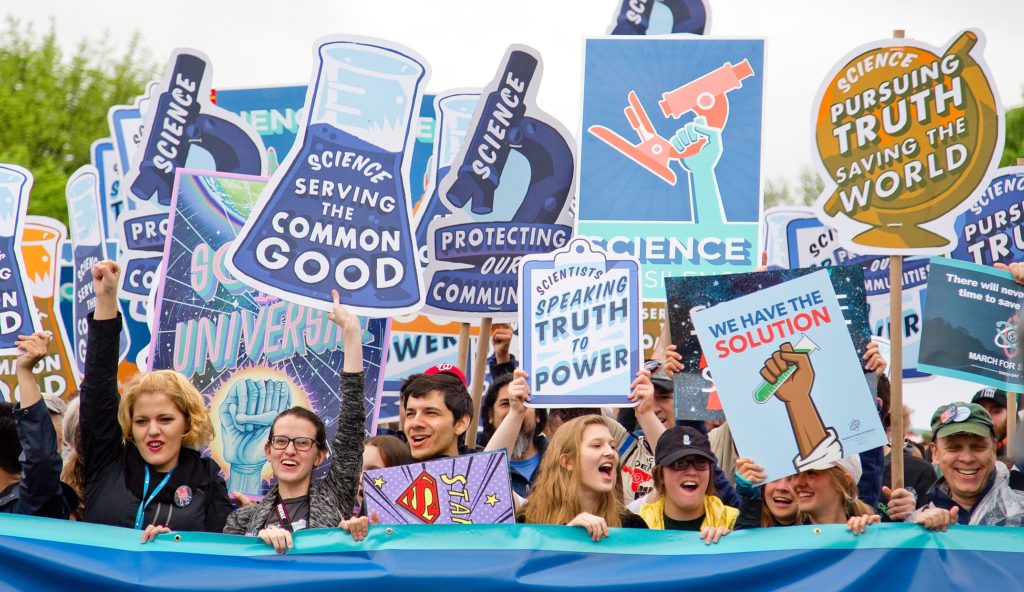In Minnesota Voters Alliance v. Mansky, The Supreme Court struck down as unconstitutionally vague a Minnesota law restricting political speech on clothing worn to election polling places. Although widely reported as a broad ruling on enabling “free speech” at polling places, this case actually affirmed that one place where political speech can be restricted is at polling places. However, if the law restricting speech is vague, or applied haphazardly, as the Minnesota law, then it would be deemed contrary to the First Amendment.
This case opens the door to more First Amendment challenges to vague state and university restrictions on free speech, setting the stage for a conflict between university safe space speech restriction policies and free political expression on campuses.
Follow this link to view a copy of the Supreme Court opinion, written by Chief Justice Roberts, with dissent by Justice Sonia Sotomayor.
The Court included an appendix to the majority opinion listing 34 other state laws limiting political speech in polling places. The opinion did not analyze those laws, but noted that restrictions on political speech at polling places have traditionally been upheld, but in this case the law was so vague and haphazardly applied as to be impermissible.

